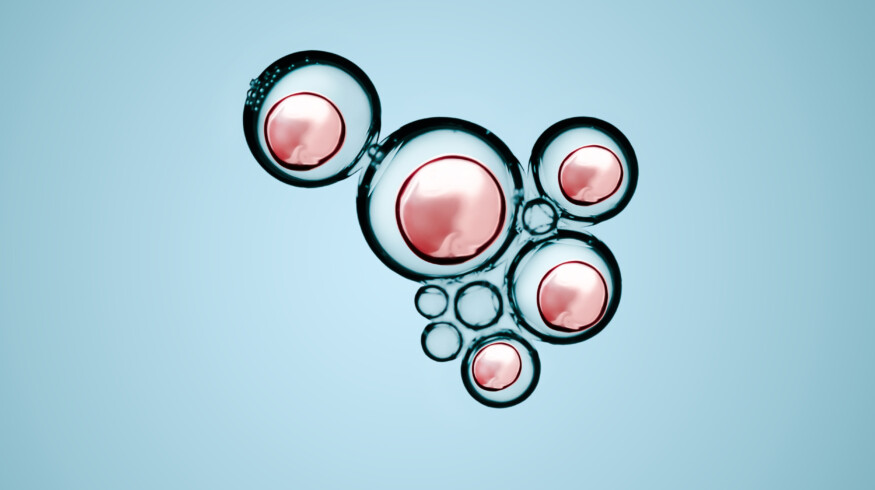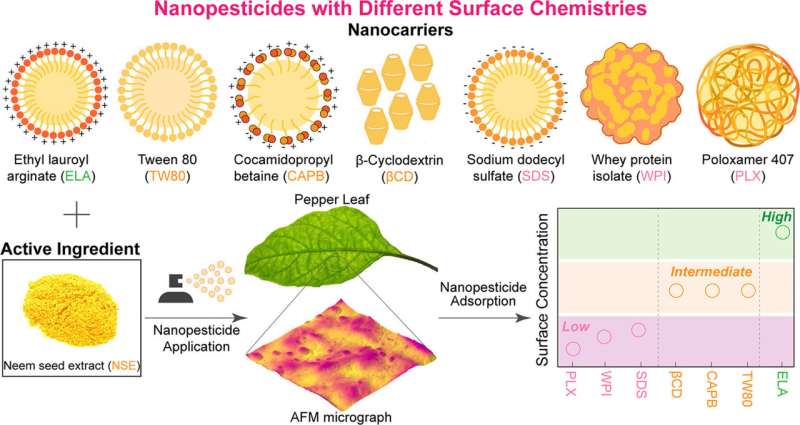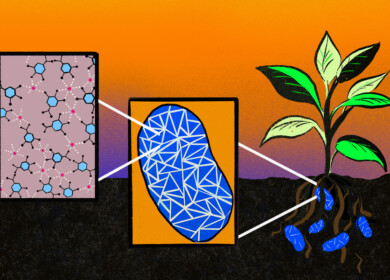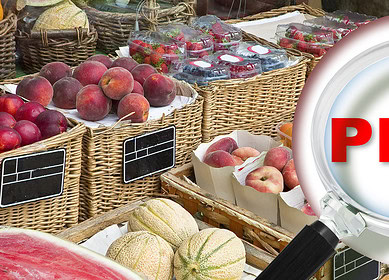Nanopesticide delivery system made with neem seed extract improves pesticide effectiveness

Researchers at Texas A&M University have developed a new pesticide delivery system using neem seed extract that not only increases the effectiveness of pesticides but also promises to be more environmentally friendly. The study, led by Dr. Mustafa Akbulut, professor of chemical engineering, and conducted in collaboration with experts from both engineering and agricultural disciplines, introduces nanopesticides—tiny carriers that improve how pesticides adhere to plant surfaces.

This innovative approach, described in a recent paper published in the journal Surfaces and Interfaces, utilizes the properties of ethyl lauroyl arginate (ELA) and neem seed extract to better target pests while minimizing environmental and economic waste. Traditional pesticide applications are notoriously inefficient, with up to 90% missing their target and contributing to environmental pollution. The new nanopesticide formulation aims to drastically reduce this wastage by improving the pesticide’s ability to stick to the plants.
Dr. Luis Cisneros-Zevallo and Dr. Younjin Min, also part of the research team, emphasize the importance of the nanopesticide’s surface chemistry. Their tests on pepper leaves, a common stand-in for various crops, demonstrated that the carrier’s chemical properties significantly affect its adherence to plant surfaces, which is crucial for the pesticide’s effectiveness.
Enjoyed this story?
Every Monday, our subscribers get their hands on a digest of the most trending agriculture news. You can join them too!














Discussion0 comments